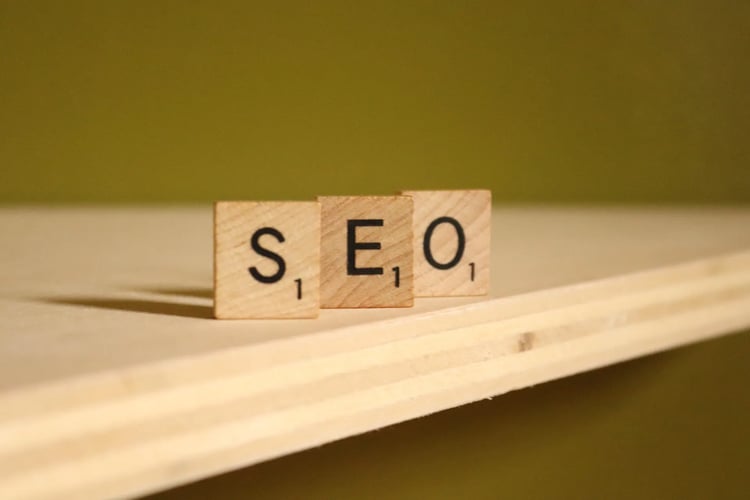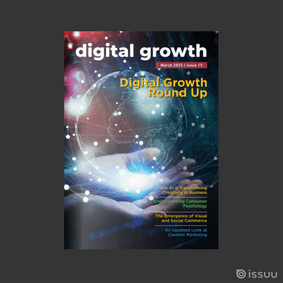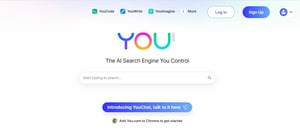
Search engine optimisation (SEO) is an essential part of any digital marketing strategy. It refers to the process of optimising a website's content and structure to increase its visibility and ranking on search engine results pages (SERPs). The goal is to drive more traffic to the website and generate leads or sales. Artificial intelligence (AI) has become a game-changer in the field of SEO. AI-powered tools and techniques are transforming the way businesses approach search engine optimisation. In this blog post, we'll explore how AI impacts SEO and what it means for businesses.
1. Improved User Experience
One of the ways AI impacts SEO is by improving the user experience. Search engines like Google use AI algorithms to understand user behaviour and preferences. They analyse search queries, click-through rates, and other metrics to determine which results are most relevant to users. By using AI-powered tools, businesses can optimise their websites for user experience. For example, they can analyse user behaviour to determine which pages are most popular, which buttons get clicked the most, and which elements are causing users to leave the site. This information can then be used to optimise the website's layout, design, and content to improve user experience, which ultimately leads to higher rankings on SERPs.
2. Personalisation
Another way AI impacts SEO is by enabling personalisation. Search engines use AI algorithms to personalise search results based on a user's search history, location, and other factors. This means that businesses can use AI-powered tools to create personalised content that is more relevant to their target audience. By understanding the interests, preferences, and behaviours of their audience, businesses can create content that resonates with them, leading to higher engagement and conversions.
3. Voice search
AI is also changing the way people search for information online. With the rise of smart speakers and digital assistants like Siri and Alexa, voice search has become increasingly popular. According to Google, 27% of the global online population is using voice search on mobile. As a result, businesses need to optimise their content for voice search queries. AI-powered tools can help businesses understand the language and phrasing people use when searching via voice, allowing them to optimise their content accordingly.
4. Content creation
AI is also transforming content creation. Businesses can use AI-powered tools to create high-quality, relevant, and optimised content quickly and efficiently. For example, AI can be used to generate headlines, write product descriptions, and even create entire articles. This can save businesses time and resources, allowing them to focus on other aspects of their marketing strategy.
5. Predictive analytics
Finally, AI-powered predictive analytics can help businesses make data-driven decisions about their SEO strategy. By analysing search data, user behaviour, and other metrics, businesses can predict future trends and make strategic decisions about keyword targeting, content creation, and other SEO tactics.
In conclusion, AI is changing the way businesses approach SEO. By using AI-powered tools and techniques, businesses can improve user experience, personalise content, optimise for voice search, create high-quality content, and make data-driven decisions about their SEO strategy. As AI continues to evolve, it will likely become an even more important part of the SEO landscape, and businesses that don't embrace it will fall behind. Speak to NEXA about AI integration for your business today.
%20(1).png?width=2701&height=607&name=BRC_NEXA_LOGO_BLACK%20%26%20VIOLET%20(1)%20(1).png)
%20(1).png?width=2701&height=607&name=BRC_NEXA_LOGO_WHITE%20(2)%20(1).png)















Comments